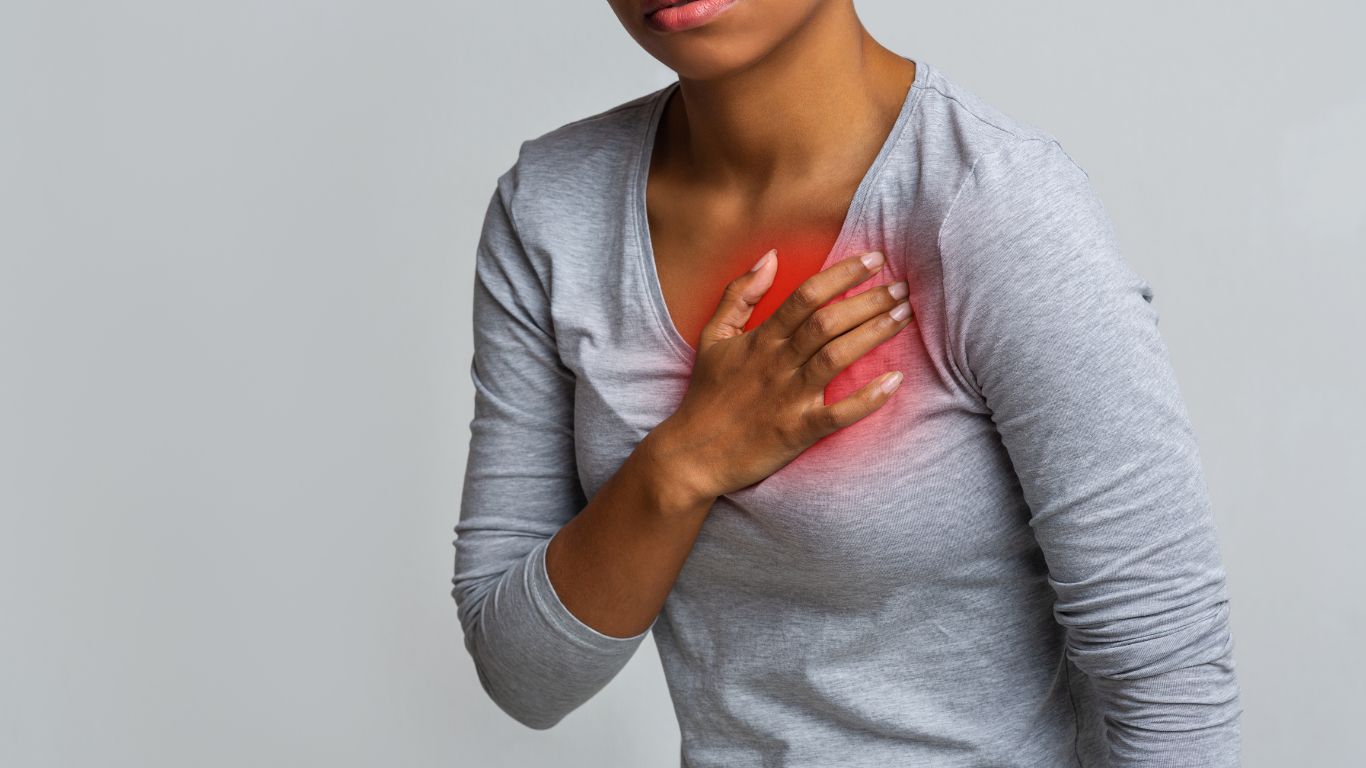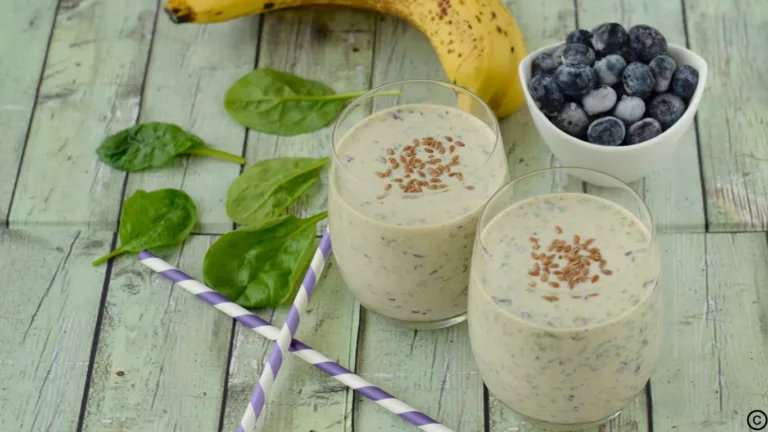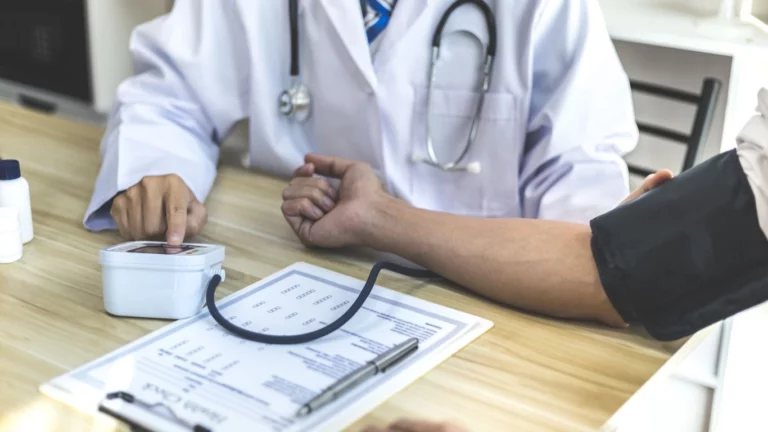How to Drink Alcohol with GERD: Tips for Enjoying Responsibly
If you’re living with GERD (Gastroesophageal Reflux Disease), you’ve probably been told to watch your diet and limit certain things—like spicy foods, chocolate, and, of course, alcohol. But let’s be real, the occasional glass of wine, beer, or cocktail can be hard to resist. So, how do you enjoy alcohol with GERD without triggering those painful symptoms like heartburn and acid reflux? Well, there’s no one-size-fits-all answer, but I’ll walk you through some things I’ve learned both professionally and personally about drinking with GERD.
What is GERD, and Why Does Alcohol Make It Worse?
First, let’s break down what GERD is. Gastroesophageal Reflux Disease is a chronic condition where stomach acid or bile irritates the food pipe lining, leading to symptoms like heartburn, chest pain, and regurgitation. Now, here’s the kicker: alcohol is a common trigger for GERD flare-ups. It can relax the lower esophageal sphincter (LES), which is the valve that prevents stomach acid from backing up into the esophagus. When the LES relaxes, acid can flow back into the esophagus, causing that familiar burn.
As someone who works as a Medical Assistant in a Gastroenterology clinic, I’ve seen many patients struggle with the idea of giving up alcohol entirely. I get it. A glass of wine after a long day, a cold beer with friends—it’s part of social life. But if you’re dealing with GERD, you’ll need to be cautious. Let’s dive into how you can drink alcohol in a way that’s kinder to your stomach.
How Alcohol Affects GERD Symptoms
Okay, so here’s the deal: alcohol is acidic, and that’s not ideal when you already have an acid reflux issue. But it’s not just the acidity that’s the problem—alcohol also stimulates the production of stomach acid, which can make reflux symptoms even worse. On top of that, alcohol can irritate the esophagus, making it more sensitive to acid. If you’ve ever had a glass of wine and felt that all-too-familiar burning sensation rise in your chest, you know exactly what I’m talking about.
Which Types of Alcohol are Worst for GERD?
Not all alcohol is created equal when it comes to GERD. Some types are more likely to trigger symptoms than others. I’ve personally noticed (and seen in patients) that wine, especially red wine, can be a big culprit. The tannins and acidity in wine may exacerbate reflux symptoms. Spirits like whiskey, rum, and vodka can also irritate the stomach lining, contributing to GERD flare-ups.
But here’s a little tip from my experience: beer seems to be a bit more of a neutral choice for some people. It’s not entirely GERD-friendly, but for some, it might cause fewer issues than wine or hard liquor. That said, moderation is key, and everyone’s body reacts differently to alcohol, so listen to your own. If you notice that one type of alcohol triggers symptoms more than another, it might be a good idea to avoid it.
How to Drink Alcohol With GERD: A Few Tips to Consider

So, how do you go about drinking alcohol with GERD? I’m not saying you can’t enjoy a drink—after all, life’s about balance. But there are ways to minimize the risk of flare-ups. Here are a few tips that have worked for me and my patients:
- Drink in moderation. This is the golden rule. No, you don’t have to give up alcohol entirely, but limiting how much you drink can make a world of difference. Too much alcohol, especially on an empty stomach, can trigger a cascade of GERD symptoms.
- Choose lower-acid options. Opt for drinks that are less likely to irritate your stomach. Light beer or white wine, for example, might be easier on the digestive system than darker drinks like red wine or whiskey.
- Avoid drinking on an empty stomach. Alcohol will hit your stomach harder if it’s empty. Make sure to eat something before you indulge in that drink—this can help create a barrier between the alcohol and your stomach lining.
- Stay upright after drinking. It’s tempting to kick back and relax after a few drinks, but lying down immediately afterward can cause acid to flow back into the esophagus. Try to stay upright for at least 30 minutes after drinking.
- Consider a GERD-friendly drink mix. If you like cocktails, go for drinks that use non-citrusy mixers. Avoid mixing alcohol with acidic sodas, fruit juices (especially citrus), or anything carbonated that could increase pressure on the LES.
Drink Slowly
When I tell patients this, I often see them roll their eyes. “But Camellia, I like to sip my drink fast!” I get it, but slowing down when drinking alcohol can really help keep symptoms at bay. Drinking slowly allows your body to better process the alcohol and minimize the risk of overwhelming your stomach and esophagus with acid. Plus, you’ll likely drink less overall, which is another win for your GERD symptoms!

What to Do if You Experience GERD Symptoms After Drinking
Even with the best precautions, there’s always a chance that GERD symptoms will flare up after drinking. If this happens, don’t panic. Here are a few things you can do to soothe your system:
- Try antacids. Over-the-counter antacids can help neutralize stomach acid and provide some quick relief. Just make sure you’re not over-relying on them—if you’re taking them often, you might want to reassess your alcohol consumption.
- Drink plenty of water. Hydration is important for overall digestion. Water can help dilute stomach acid and prevent it from irritating the esophagus.
- Avoid lying down. Lying flat can make reflux symptoms worse. Try propping yourself up on a pillow or taking a gentle walk to help ease the discomfort.
- Consider digestive aids. Digestive enzymes or other natural aids like ginger or chamomile tea can help settle your stomach after drinking.
Ultimately, it’s all about finding what works for your body. What triggers a GERD flare-up in one person may not be an issue for someone else. Keep track of what you eat and drink, and be mindful of how it affects your symptoms.
What Happens to Your Body When You Drink Alcohol with GERD?
If you’re living with GERD and still want to enjoy the occasional drink, it’s essential to understand how alcohol impacts your body. I’ve seen firsthand how drinking can bring on those dreaded reflux symptoms, sometimes in ways people don’t expect. For example, while some may feel fine right after their first drink, others may experience discomfort hours later. Let’s break it down a bit.

Alcohol and the Digestive Process
When you drink alcohol, it enters your digestive system and starts its usual process. But for those of us with GERD, alcohol throws a wrench in that process. Normally, the lower esophageal sphincter (LES) opens to let food into the stomach and closes to keep stomach acid from going back into the esophagus. Alcohol, however, can relax the LES, allowing that acid to escape, leading to the heartburn and discomfort we all dread.
On top of that, alcohol increases the production of stomach acid. So, when you’re sipping your favorite beverage, your stomach is not only being exposed to more acid but it’s also working overtime to churn out even more. The combination of these two factors can cause a pretty miserable experience for someone with GERD.
Choosing the Right Alcohol for GERD
Okay, so now you’re probably wondering, “What can I drink then?” It’s all about making smarter choices, and I promise you, it’s totally possible to enjoy a drink without sending your GERD symptoms into overdrive. When it comes to alcohol, moderation is key, but knowing which drinks are more GERD-friendly will give you an upper hand. Here are a few options to consider.
Best Alcoholic Beverages for GERD
Some drinks are just easier on your stomach than others. If you want to continue enjoying a drink now and then without irritating your GERD, here are a few options that could work better for you:
- White wine: Compared to red wine, white wine is generally lower in acidity, making it a better option for GERD sufferers. Just make sure to choose a dry white wine, as sweeter wines may still cause issues.
- Light beer: Light beer is another alcohol option that many GERD sufferers find more tolerable than darker beer. Dark beers tend to be more acidic, while light beers have a lower pH and are less likely to trigger symptoms.
- Vodka and gin: Clear spirits like vodka and gin can be a safer bet for people with GERD. They have a relatively neutral pH level and, when consumed in moderation, may not irritate your stomach as much as other drinks.
- Champagne: Despite being bubbly, champagne can sometimes be an option if you’re careful with how much you consume. It’s best to sip slowly and limit your intake to keep it GERD-friendly.
Keep in mind that while these drinks are generally considered easier on your stomach, it’s all about how much you drink and your individual triggers. Be sure to pay attention to how your body reacts after drinking these beverages, and adjust accordingly. Everyone is different, and some people may still find certain drinks more irritating than others.

Alcohol Pairings that Work for GERD
If you’re planning to enjoy a drink with a meal, pairing your alcohol with GERD-friendly foods can help ease the symptoms. I’ve noticed that pairing drinks with non-acidic foods or those high in fiber helps buffer the effects of alcohol on the stomach. For example, if you’re having a glass of white wine, try pairing it with grilled chicken or fish and some leafy greens. These foods can help neutralize the stomach acid and minimize irritation.
- Non-citrus fruits: Apples, bananas, and melons are great options to pair with your drink. They’re not acidic and can help keep reflux symptoms under control.
- Whole grains: Foods like oatmeal, brown rice, and whole-grain bread can be soothing and reduce the production of stomach acid.
- Lean proteins: Grilled chicken, turkey, or tofu are good options because they’re low-fat and easy on the stomach.
- Vegetables: Most vegetables, like carrots, broccoli, and zucchini, are gentle on the stomach and will help balance the effects of alcohol.
When you combine the right foods with alcohol, you’re setting yourself up for a much more enjoyable experience. The key is to avoid highly acidic foods (like tomatoes and citrus) and fatty or fried foods that can worsen GERD symptoms. It’s all about balance and finding what works for you!
Understanding the Role of Moderation in Drinking with GERD
If there’s one thing I can’t stress enough, it’s the importance of moderation. We all love a good time with friends or a drink to unwind, but drinking too much—even of the GERD-friendly alcohols—can still cause issues. I’ve spoken with countless patients who were frustrated after realizing that even light beer or a small glass of white wine caused them discomfort. The truth is, it’s not just about what you drink but how much.
Overindulging, regardless of the type of alcohol, can overwhelm your digestive system. I’ve seen it time and again in the clinic—someone has one too many drinks, and boom, the acid reflux hits hard. That’s why I always recommend sticking to one or two drinks, especially if you’re eating at the same time. Also, keep in mind that alcohol can affect each person differently depending on the severity of their GERD, so it’s important to know your limits.

Listening to Your Body
One of the most important things I’ve learned over the years working in a Gastroenterology clinic is that everyone’s body responds to alcohol differently. Some people with GERD can handle a small amount of alcohol with no issues, while others might feel uncomfortable after even the slightest sip. It’s crucial to pay attention to your own body’s cues and adjust accordingly. If you feel discomfort or heartburn creeping in after drinking, that’s your body’s way of saying, “Hey, I don’t like this!”
Keeping a food and drink diary can help you track what triggers your symptoms. This way, you can avoid the drinks or foods that cause the most discomfort and stick with what works best for you. Your doctor or a nutritionist can also be a great resource for creating a drinking plan that aligns with your GERD management strategy.
How to Manage GERD Long-Term While Enjoying Alcohol
As someone who’s worked in a Gastroenterology clinic for years, I’ve seen many patients come in looking for the perfect balance between managing their GERD and still being able to enjoy their social lives. Many wonder if it’s possible to drink alcohol without ruining the progress they’ve made with their GERD management. The good news is: Yes, it is possible—but it requires a little planning, consistency, and a lot of self-awareness.
Managing GERD long-term is all about finding that sweet spot where you can live your life without feeling deprived. It’s not just about choosing the right alcohol (though that certainly helps), but also staying mindful of other factors that affect your reflux symptoms. In this final part, we’ll dive into the long-term strategies that can help you manage GERD while still having an occasional drink.

Consistency is Key
One of the most important things I tell my patients is to stay consistent with their GERD management plan. This means sticking to a healthy diet, following medication instructions, and managing stress. While it’s easy to slip up occasionally and have a drink or two when you’re out with friends, consistency in your overall habits will allow you more freedom to enjoy life without triggering a flare-up.
For example, if you know you’re going to have a drink, make sure you’ve had a balanced meal beforehand. Eating foods like whole grains, lean proteins, and vegetables can help prevent acid from rising into the esophagus. Staying upright after drinking, as we discussed earlier, is also a key part of managing GERD. It’s these little habits that add up over time and make a big difference in your long-term comfort.
Mind Your Triggers
As much as you may love alcohol, it’s important to remember that it’s just one piece of the puzzle when managing GERD. Alcohol isn’t the only trigger for GERD symptoms. Certain foods, stress, lack of sleep, and even being overweight can exacerbate reflux. So, in addition to being mindful of what you drink, you’ll want to pay attention to these other factors that contribute to your symptoms.
If you find that a particular type of alcohol or a certain food consistently causes reflux, it’s essential to cut back or avoid it altogether. It’s a bit of trial and error, but over time, you’ll learn what works for you and what doesn’t. This kind of self-awareness is essential in the long-term management of GERD.
What if You Want to Quit Alcohol Altogether?
While moderation is usually the goal for many people with GERD, some might decide to cut alcohol out entirely. This is a personal choice, and if you find that even small amounts of alcohol make your symptoms unbearable, there’s absolutely nothing wrong with deciding to go alcohol-free.
As someone who’s worked closely with patients in my clinic, I’ve seen that avoiding alcohol altogether can bring significant relief to some individuals with GERD. Without the acid-stimulating effects of alcohol, many find their symptoms are much easier to control. For others, drinking in moderation is a manageable way to cope with GERD. Either way, it’s all about finding what’s best for your body and quality of life.
Seeking Professional Help and Ongoing Support
It’s always a good idea to consult with your doctor before making any changes to your diet or alcohol consumption, especially if you’re struggling to control your GERD symptoms. I often recommend that patients with GERD speak to a Gastroenterologist for personalized advice on alcohol consumption and medication options. They can help you develop a comprehensive plan that works for you, taking into account your unique triggers and health status.
In addition to medical professionals, support groups or online communities can also be a great way to find others who are navigating similar challenges. Sometimes, it’s just helpful to know that you’re not alone in dealing with GERD and alcohol. Sharing tips, recipes, and experiences with others can provide new insights and strategies you may not have considered.

References and Resources
If you’re looking for more information on GERD and alcohol, or you need guidance on managing GERD in general, here are some reliable resources to check out:
- Healthline – GERD Overview
- Mayo Clinic – GERD Information
- WebMD – GERD Guide
- GERD Help – Tips and Resources
Disclaimer
Before making any significant changes to your diet or alcohol consumption, please consult your healthcare provider. This article is for informational purposes only and is not intended to replace professional medical advice, diagnosis, or treatment. Always follow the recommendations of your doctor or medical professional when managing your health.

Camellia Wulansari is a dedicated Medical Assistant at a local clinic and a passionate health writer at Healthusias.com. With years of hands-on experience in patient care and a deep interest in preventive medicine, she bridges the gap between clinical knowledge and accessible health information. Camellia specializes in writing about digestive health, chronic conditions like GERD and hypertension, respiratory issues, and autoimmune diseases, aiming to empower readers with practical, easy-to-understand insights. When she’s not assisting patients or writing, you’ll find her enjoying quiet mornings with coffee and a medical journal in hand—or jamming to her favorite metal band, Lamb of God.







